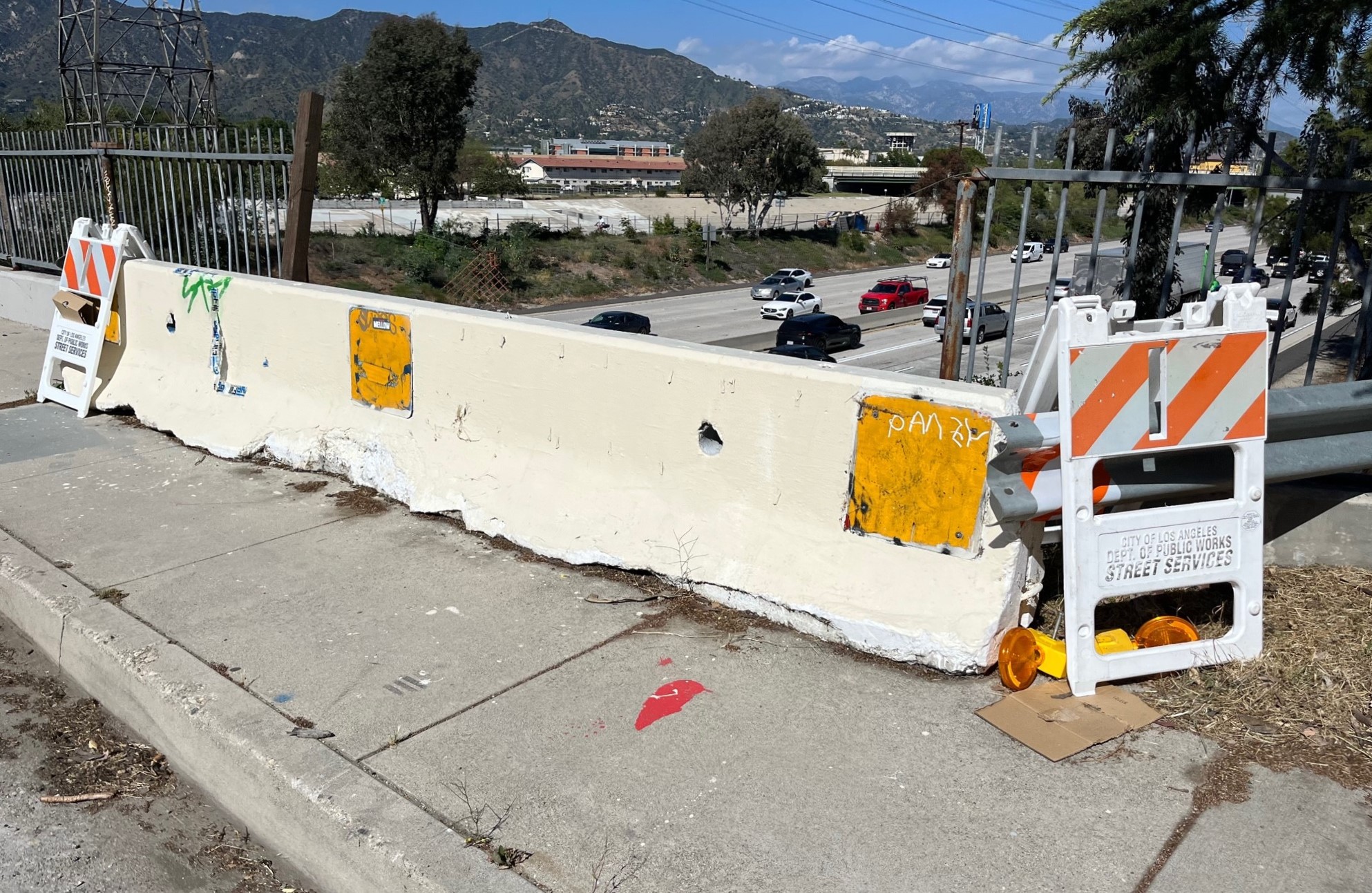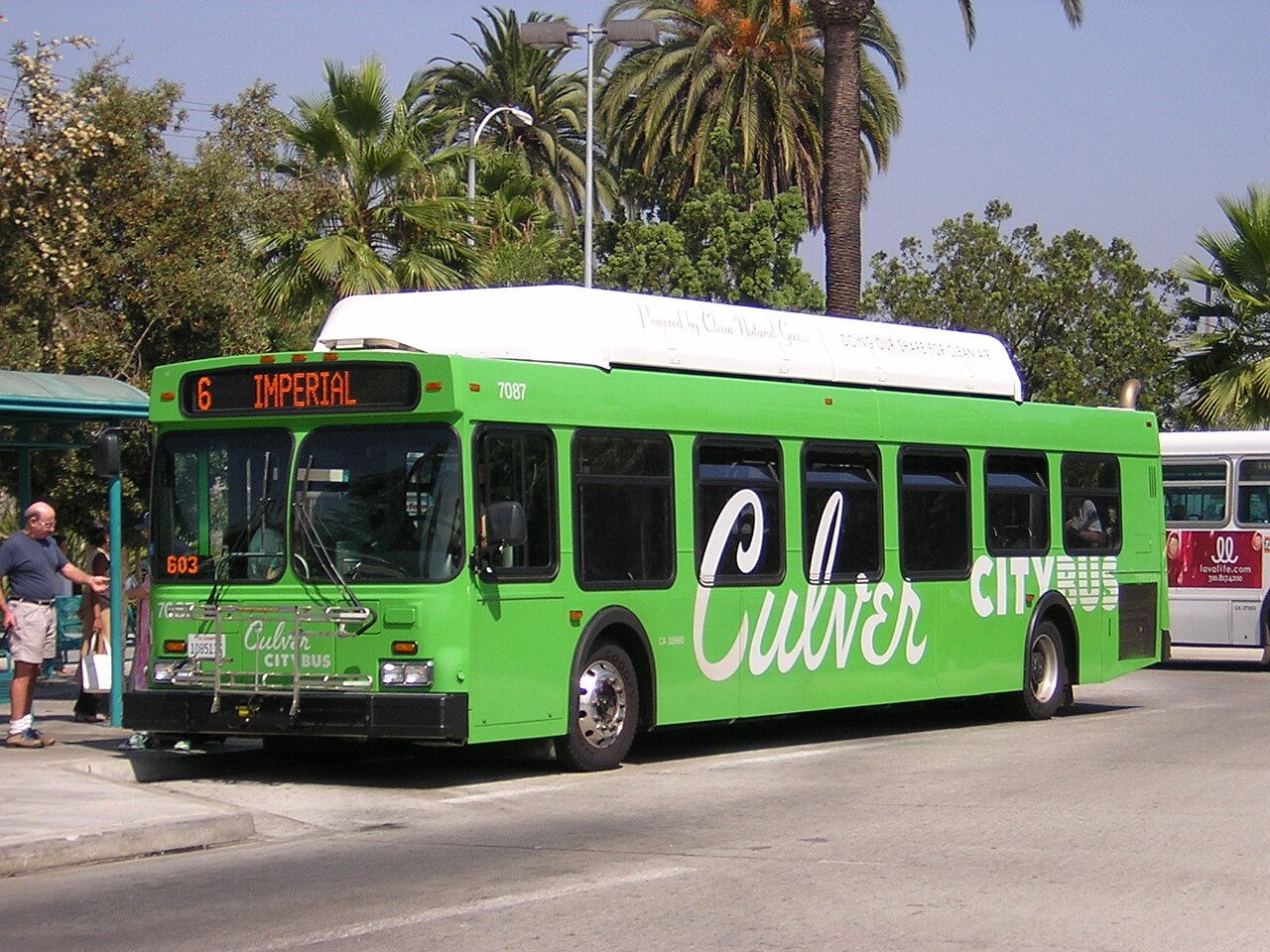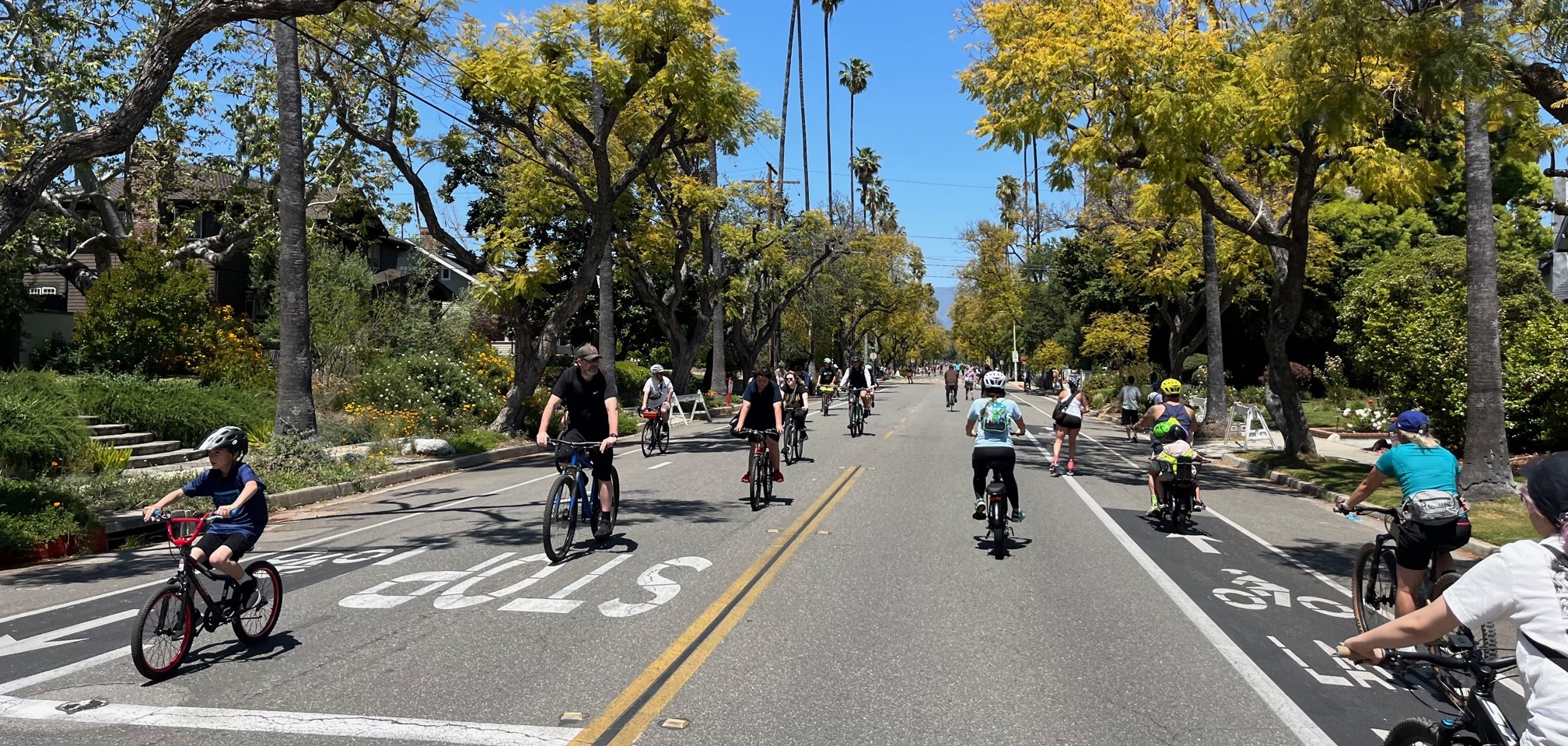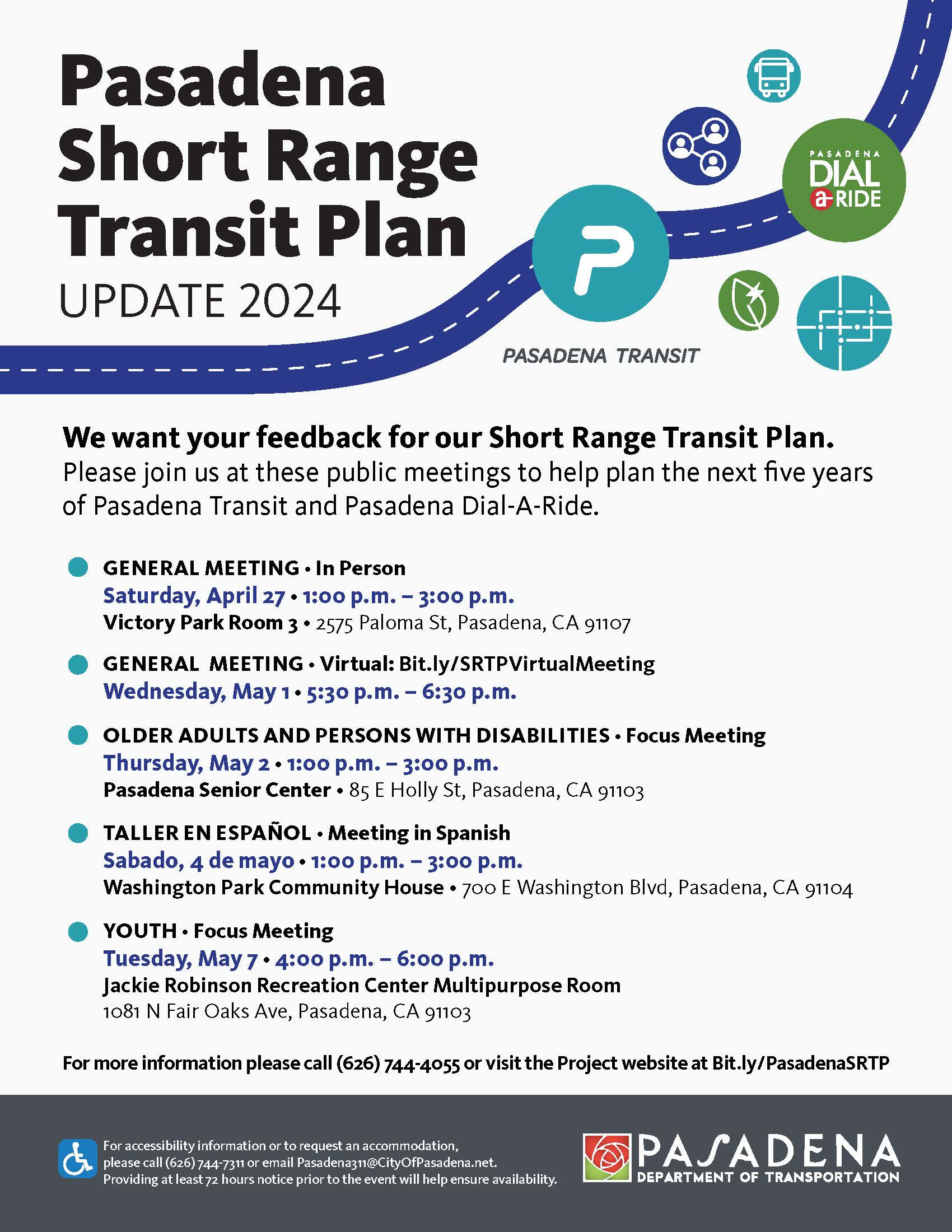Preliminary FY23-24 Metro Budget Would (Again) Increase Freeway Funding, While Cutting Transit
1:23 PM PDT on March 15, 2023
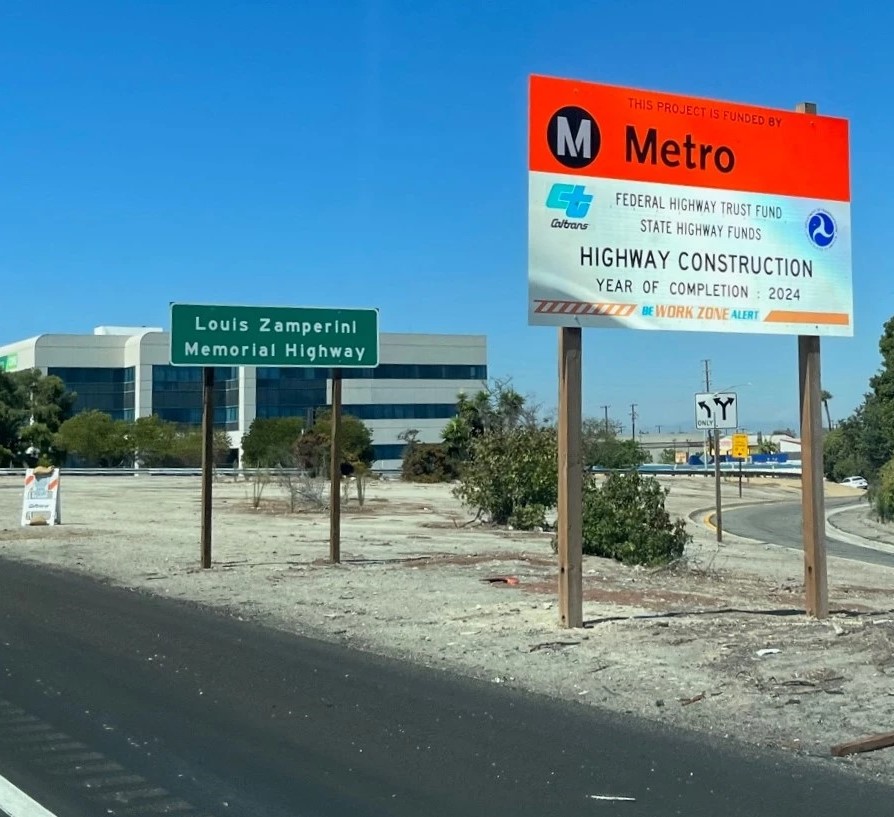
Metro’s FY23-24 budget expands for funds for freeway widening, while trimming funding for transit construction. Metro 405 Freeway widening photo by Joe Linton/Streetsblog
Spring is right around the corner. In Southern California, it's a time when wildflowers bloom. Migrating birds return. And, for the past couple years, spring is when Metro cuts funds for transit, while increasing funds for freeway widening.
In a report to the Metro board Finance, Budget, and Audit Committee meeting today at 1:30 p.m. [agenda], Metro staff will share their proposed breakdown for Metro's capital/construction spending. While the budget is not quite finalized, the current preliminary FY23-24 budget shows a 4.7 percent increase in freeway expansion and a 4.9 percent decrease in transit expansion.
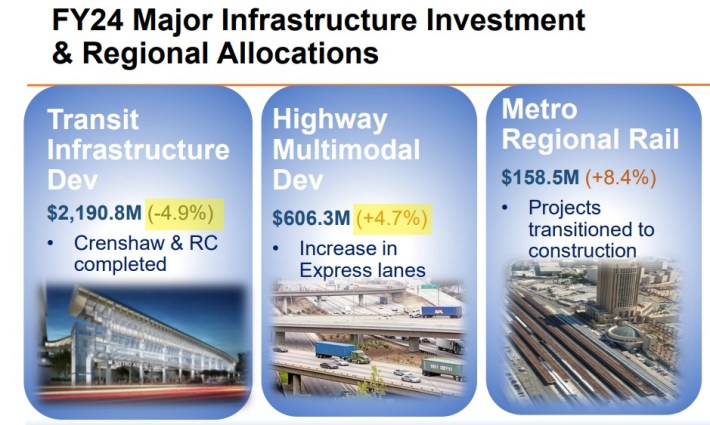
A few paragraphs on language: Metro’s budget wording continues to be misleading. Metro’s two main capital categories were re-named in the preliminary report. What last year was “Highway Modernization” and “Transit Expansion” is now "Highway Multimodal Development" and "Transit Infrastructure."
Shoehorning the term "multimodal" onto a budget that is 90+ percent freeway expansion is misleading and frankly gaslighting. Adding a small lipstick line item to the pig budget does not change the fact that it remains a pig budget. Also, Metro's track record on adding multimodal components to freeway widening projects has so far been largely gaslighting. On Metro's 605 and 71 Freeway widenings, Metro claimed multimodal components that just don't exist. Metro added identical vague generic multimodal language, including “bike ped signage” [something no cyclist or pedestrian is asking for], to several 605 Hot Spots freeway widening projects. In the rare cases where Metro freeway expansion projects did include walk/bike components they appear designed to fail; for example Metro's half-billion dollar 57/60 widening, includes 600 feet of isolated unprotected bike lanes on one bridge, ignoring city-approved bike plans for a protected bike lane network on more than a mile of streets that Metro is currently widening leading to the freeway.
Metro's highway budget development staff report touts Metro's so-called multimodal rescoping, and goes one worse, claiming "robust community participation."
The Highway Multimodal Development Program continues to evolve, as legacy expansion projects move towards completion or undergo rescoping with robust community participation, new ExpressLanes advance through the design and implementation phase, and multimodal components are integrated into freeway and street projects.
The only highway project that Metro is "rescoping with robust community participation" is Metro's lower 710 Freeway widening, where, after decades of community resistance, Metro was caught hiding its efforts to skirt federal clean air law. As noted above, to date pretty much all of Metro's multimodal "rescoping" has been either nonexistent or designed to fail - in part because there has been no community engagement. Metro rarely uses its blog, its social media to get the word out on its freeway widening projects, and never has the agency done so for multimodal rescoping. Metro is currently pushing to construct highway projects that had a couple of public meetings a half-dozen years ago (at the outset of project scoping) then very little information shared with the public - and even less information on so-called multimodal components.
This Streetsblog post uses equivalent terminology for these two budget categories: “Highway Expansion” and “Transit Expansion.”
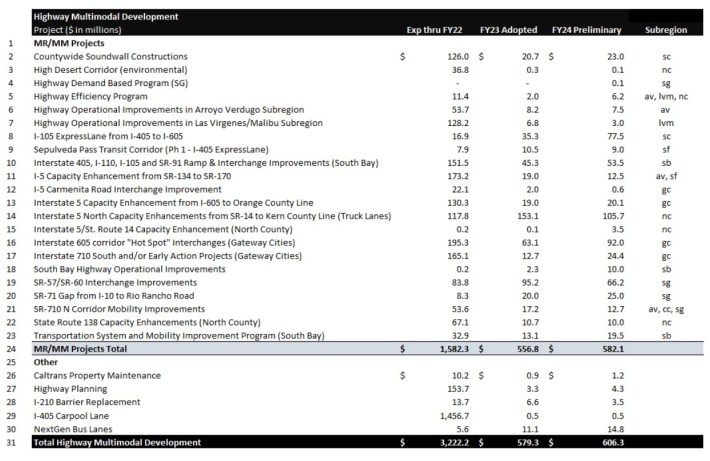
This year’s proposed 5 percent increase comes on top of larger increases in Metro Highway Expansion budget in the past two fiscal years.
- FY23-24 (proposed) $606.3 million – 4.7 percent increase from prior
- FY22-23 (approved) $579.3 million – 22 percent increase from prior
- FY21-22 (approved) $475.1 million – 80 percent increase from prior
- FY20-21 (approved) $264 million
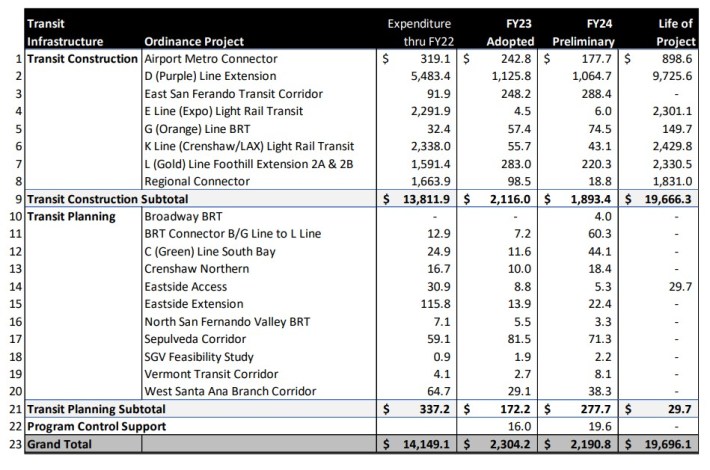
Contrast this with Metro’s proposed Transit Expansion (largely rail expansion – including planning and construction) budget which is slated to decrease next year.
- FY23-24 (proposed) $2.19 billion – 5 percent decrease from prior
- FY22-23 (approved) $2.30 billion – 8 percent decrease from prior
- FY21-22 (approved) $2.50 billion – 16 percent increase from prior
- FY20-21 (approved) $2.15 billion
As with last year's coverage of the same Metro budget trend, the above charts tell the main story, but below are a few caveats:
- There are small discrepancies between approved budgets, revisions, and actual spending. SBLA has used the most recent figures this editor could find, which can sometimes be slightly different than later-revised actuals, but the final amounts are within a couple percent of what is shown above. Find approved budgets at Metro budgets webpage.
- The vast majority – more than 90 percent – of the proposed $606 million Highway Expansion budget would go to widening freeways, ramps, and streets. There are a handful of miscellaneous items in the Highway Expansion budget that are not all about expanding car capacity. There are two projects that primarily benefit transit riders: new NextGen bus lanes ($14.8 million) and new barriers to keep 210 Freeway trucks from continuing to crash into the L Line ($3.5 million). There are a few items here and there intended to benefit both driving and non-driving modes: grade separations and (as noted above) very limited complete streets components in some predominantly car-centric items. Last year Streetsblog calculated that, conservatively just ~7-8 percent of the Highway Expansion budget was not specifically for increasing car capacity. (Note also that Metro's Transit Infrastructure budget projects also include car-capacity components: street widening, traffic signals, park-and-ride, etc. Many expensive rail project grade separation features – tunnels, aerial tracks – are deemed necessary for rail to not impede car traffic.)
- The Transit Infrastructure budget is not the whole transit budget. It does not include operations, bus and rail fleets, maintenance, etc. Last year there was about $500 million in Transit Improvements (station upgrades, bus electrification, etc.) that were outside of the mega-projects transit capital budget above. Metro staff do not appear to have shared the proposed FY23-24 Transit Improvements budget yet.
- The Highway Expansion budget is not Metro’s whole car-capacity budget. Some freeway project planning is separate. The Highway Expansion budget doesn’t include pass-through Local Return funds that go to municipalities, which use them predominantly for car projects. It doesn’t include some other Metro programs that support driving: freeway service patrol, etc.
Since last year's similarly lopsided pro-freeway anti-transit budget, the equity and climate harms of Metro freeway widening have become even clearer. New research makes it abundantly clear that freeway expansion disproportionately pollutes low-income communities of color, while providing mobility benefits for more well-off whiter communities. Recently Metro's own study showed that the agency's freeway expansion more than offsets any climate benefits of all of Metro's (now shrinking) efforts to expand transit and active transportation.
Metro’s CEO Stephanie Wiggins has pledged to make equity and climate among her top priorities, but her budgets have done otherwise. Her FY2023-24 budget is still being developed. The final version generally is approved by her board in May. So there's still some time for her, and her board of directors, to shift budget priorities away from the preliminary pro-freeway version shared today.
Stay in touch
Sign up for our free newsletter
More from Streetsblog Los Angeles
Freeway Drivers Keep Slamming into Bridge Railing in Griffith Park
Drivers keep smashing the Riverside Drive Bridge railing - plus a few other Griffith Park bike/walk updates
This Week In Livable Streets
Bike Month, Hyperion street safety, Eastside rail plans, Pasadena transit, CicloIRVINE, Culver City bus service, and more
Active Streets Mission-to-Mission – Open Thread
Tens of thousands of participants biked, walked, skated and scootered on car-free streets through San Gabriel, South Pasadena and Alhambra
